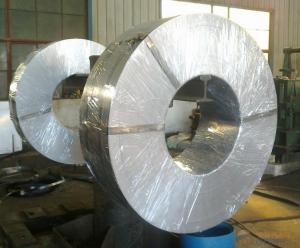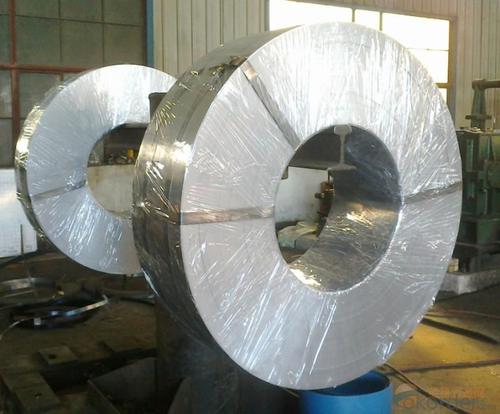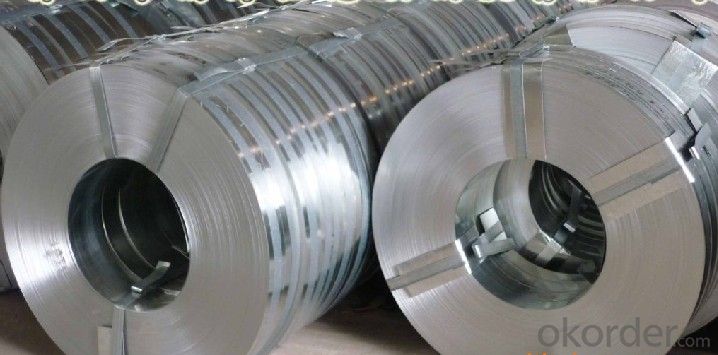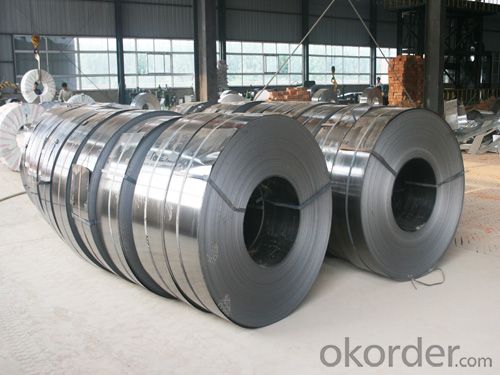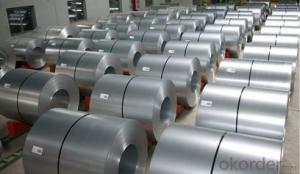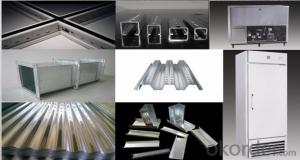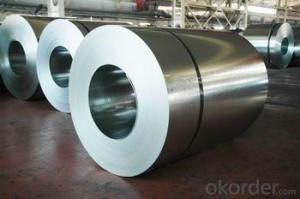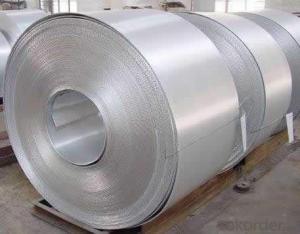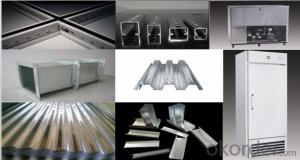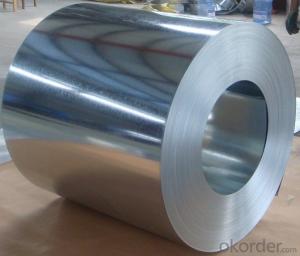Hot-dip Zinc Coating Steel for Building Roof Chinese Best --Low Price
- Loading Port:
- China main port
- Payment Terms:
- TT OR LC
- Min Order Qty:
- 50 m.t.
- Supply Capability:
- 10000 m.t./month
OKorder Service Pledge
OKorder Financial Service
You Might Also Like
Hot-dip Zinc Coating Steel for Building Roof Chinese Best --Low Price
1.Structure of Hot-Dip Galvanized Steel Sheet Description:
Hot-dip galvanized steel coils are available with a pure zinc coating through the hot-dip galvanizing process. It is especially useful for countless outdoor and industrial applications. Production of cold formed corrugated sheets and profiles for roofing, cladding, decking, tiles, sandwich walls, rainwater protective systems, air conditioning duct as well as electrical appliances and engineering.
2.Main Features of the Hot-Dip Galvanized Steel Sheet:
• Excellent process capability
• Smooth and flat surface
• Workability, durability
• High strength
3. Images:
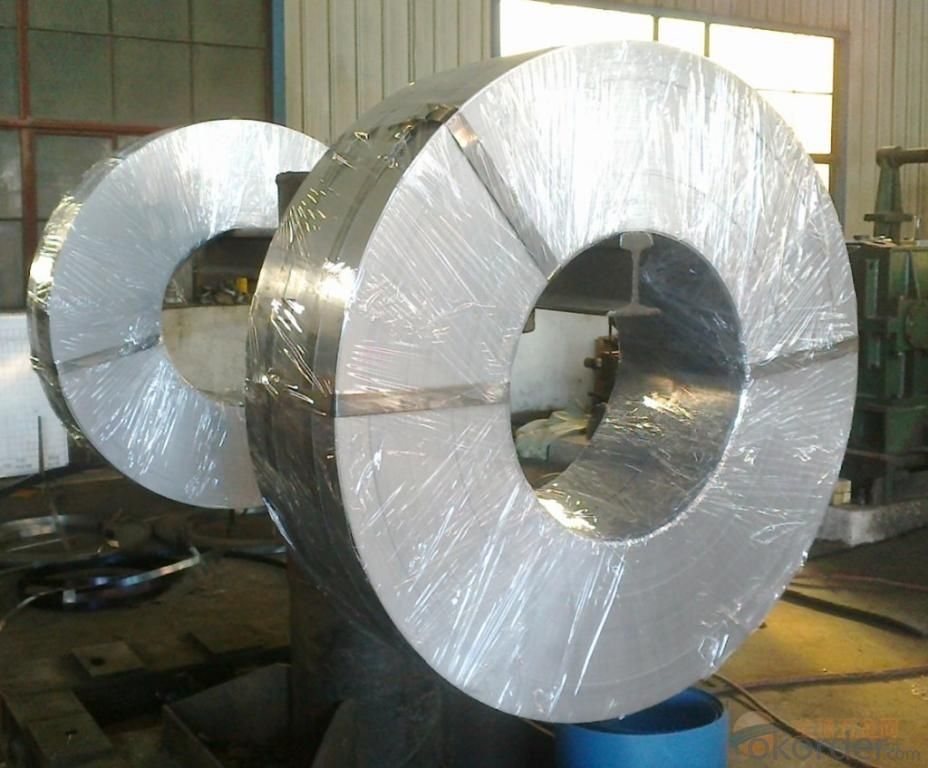
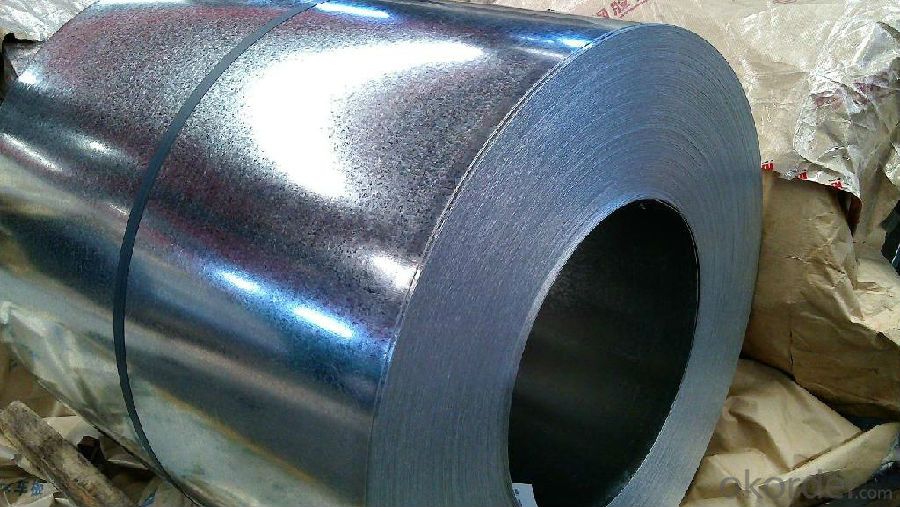
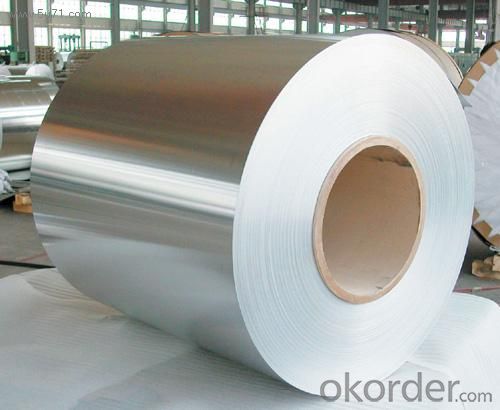
4.Hot-Dip Galvanized Steel Sheet Specification
Standard: ASTM, JIS,EN
Grade: CS, DX51D+Z,SGCC, SS 230~550,S220GD+Z~S550GD+Z, SGC340~SGC570
Thickness: 0.18mm~5mm
Width: max 2000mm
Coil weight:3-12 MT
Coil ID:508/610mm
Surface structure: zero spangle, regular spangle or minimum spangle
Surface treatment: Chromate treatment, Oiled/dry, skinpassed/non-skinpassed
Packing: Standard seaworthy export package
5.FAQ
We have organized several common questions for our clients,may help you sincerely:
1.How to guarantee the quality of the products?
We have established the international advanced quality management system,every link from raw material to final product we have strict quality test;We resolutely put an end to unqualified products flowing into the market. At the same time, we will provide necessary follow-up service assurance.
2. How long can we receive the product after purchase?
Usually within thirty working days after receiving buyer’s advance payment or LC. We will arrange the factory manufacturing as soon as possible. The cargo readiness usually takes 15-30 days, but the shipment will depend on the vessel situation.
- Q: What are the safety precautions to be taken while handling steel coils?
- Some safety precautions to be taken while handling steel coils include wearing appropriate personal protective equipment (PPE) such as gloves, safety glasses, and steel-toed boots to protect against potential injuries. It is important to use proper lifting techniques and equipment, such as forklifts or cranes, to avoid strains or falls. Coils should be stored on stable surfaces and secured to prevent them from rolling or falling. Additionally, workers should be trained on proper handling procedures and be aware of the potential hazards associated with sharp edges, heavy weight, and unstable loads.
- Q: How are steel coils inspected for coil set?
- Steel coils are inspected for coil set using a variety of methods and equipment. Coil set refers to the curvature or shape of the coil, which can impact its performance and usability in various applications. One common method of inspecting steel coils for coil set is through visual inspection. Experienced operators or inspectors carefully examine the coils for any visible deformities or irregularities in their shape. This can be done by unrolling a portion of the coil and checking for any signs of buckling, twisting, or unevenness. Visual inspection is a straightforward and cost-effective way to identify obvious coil set issues. In addition to visual inspection, more advanced techniques are also used to accurately measure and quantify coil set. One such method is the use of a straight edge or a template. The straight edge is placed along the length or width of the unrolled portion of the coil, and any gaps or deviations from the straight edge indicate the presence of coil set. This method provides a more precise measurement of the extent and severity of the coil set. Another common technique is the use of specialized tools such as a non-contact laser measurement system. This system utilizes lasers to project a line on the surface of the coil and measures the distance between the line and the coil. Any variations in this distance indicate the presence of coil set. This method is highly accurate and provides detailed data about the coil's shape and curvature. Other methods may include using mechanical devices such as rollers or tensioners to unroll and measure the coil's shape. These devices apply controlled pressure to the coil to straighten it out, and any resistance or deviations encountered during the process are indications of coil set. Overall, the inspection of steel coils for coil set involves a combination of visual examination and precise measurement techniques. These methods help identify and quantify any deformities or irregularities in the coil's shape, allowing manufacturers and customers to make informed decisions about the usability and quality of the steel coils.
- Q: What are the different types of steel coil slitting lines?
- There are several different types of steel coil slitting lines, including rotary shear slitting lines, loop slitting lines, and drag tension slitting lines.
- Q: What are the different types of steel coil edge condition options?
- The different types of steel coil edge condition options include mill edge, slit edge, and deburred edge. Mill edge refers to the natural edge of the steel coil as it comes from the mill, which may have slight imperfections. Slit edge is created when the coil is cut into narrower widths, resulting in smooth edges. Deburred edge involves removing any sharp burrs or rough edges from the coil, providing a clean and safe edge for handling.
- Q: Building the bulwurk, general use on trawlers. What kind of steel is best suited.
- How big is your trawler going to be and what use, The ones you see off the Alaska Coast or a Gulf Coast Shrimper? My preference in today's economy would not make sense and that is Aluminum.....not steel at all, maybe even Fiberglass, but $$$$ talk so Steel is cheaper, but you need to know what you are doing. The designer of the hull should have specified the right /preferred grade. It today's world there are many more choices available. You use a mild steel, most often grade A or B, but some applications call for grade D. Check your blue prints and list of materials. Edit. Ok I understand. There are 2 ways to go. One is use a relatively cheep steel and use higher cost epoxy primers and paint, often requiring special surface preparation just before priming, or two, using a much higher cost steel with more chrome and nickel in it. Grades that begin with #3xxx These are weldable with rods that are available, and can be welded directly to mild steels. However these are 3X the cost. If your a Shrimper, I'm guessing gulf coast. I worked with several boat yards in the 70's installing spray urethane foam for insulating there holes. So I've been around lots of small yards from Florida to Texas. I'd call the nearest steel warehouse and ask what they would recommend. You might find what you want at a scrap yard. I've lucked out several times picking up 1/4 plate scrap$ and I'd bet the scrapyard guy would know just what you need. I know there are places to get what you need in Mobile and New Orleans. Good luck!
- Q: How are steel coils used in the production of prefabricated buildings?
- Steel coils are commonly used in the production of prefabricated buildings as they are rolled into sheets and cut into specific lengths to create the structural components such as beams, columns, and frames. These steel components provide strength, stability, and durability to the prefabricated building, making it capable of withstanding various environmental and structural loads.
- Q: steel can be used to do?
- I also know that jawaysteel this company, they're really good
- Q: The length of a steel beam increases by 0.78 mm when its temperature is raised from 22 degrees C to 35 degrees C. What is the length of the beam at 22 degrees C (in meters)?I used: L = (0.78 mm)/[(9/5)(.00000645 F)(13)] = 5.17 meters but Mastering Physics said Not quite. Check through your calculations; you may have made a rounding error or used the wrong number of significant figures. I'm confused because this is how we learned this kind of problem in class, so if anybody knows what I did wrong, feel free to correct my errors! Thanks
- we may use the formula ΔL=α(Lo)(Tf-To) where Lf is the length of steel at temp. Tf Lo is length at To α is the coefficient of linear expansion of steel which is 11x10^-6/°C ΔL=0.78mm (the change in length) Lo=? ΔL=α(Lo)(Tf-To) Lo=ΔL/[α(Tf-To)] Lo=(0.78x10^-3m)/[(11x10^-6/°C)(35°C-2...? Lo=5.455m answer
- Q: I need to know what steel's weakness is.
- Steel is weak to fire, fighting, and ground. Electric and water are neutral damage; everything else is resisted - assuming you're fighting a pure steel type.
- Q: I am making a permanent magnet, just for fun. I am trying to find the best grade of steel to do so with.
- This page on spark test tells how to use a grinding wheel to get a rough idea of what you've got. Includes drawings of sparks for magnet steel;
Send your message to us
Hot-dip Zinc Coating Steel for Building Roof Chinese Best --Low Price
- Loading Port:
- China main port
- Payment Terms:
- TT OR LC
- Min Order Qty:
- 50 m.t.
- Supply Capability:
- 10000 m.t./month
OKorder Service Pledge
OKorder Financial Service
Similar products
Hot products
Hot Searches
Related keywords
